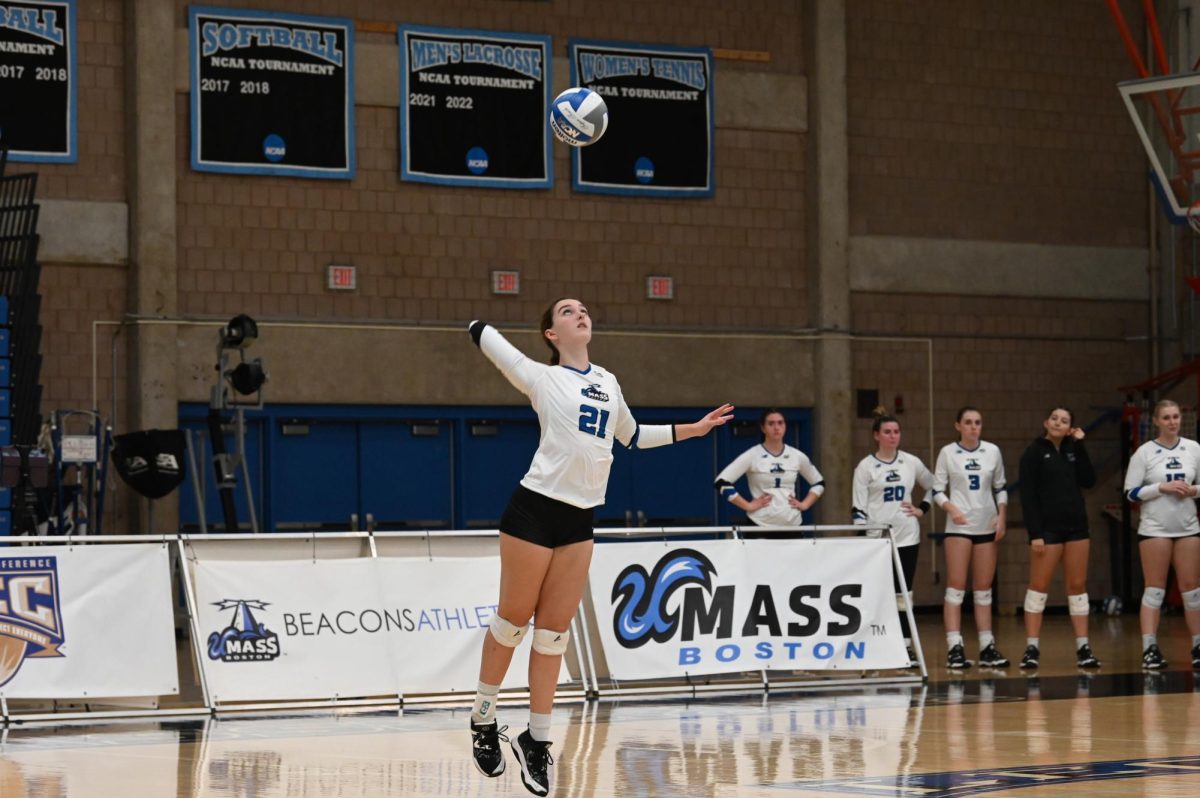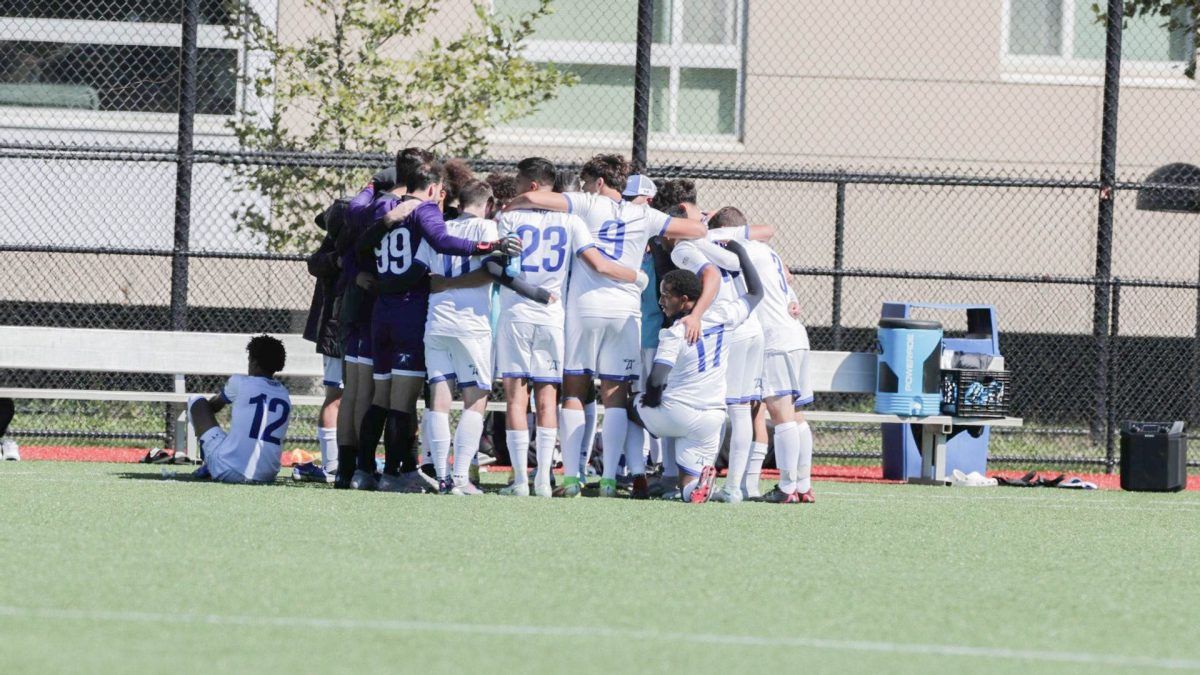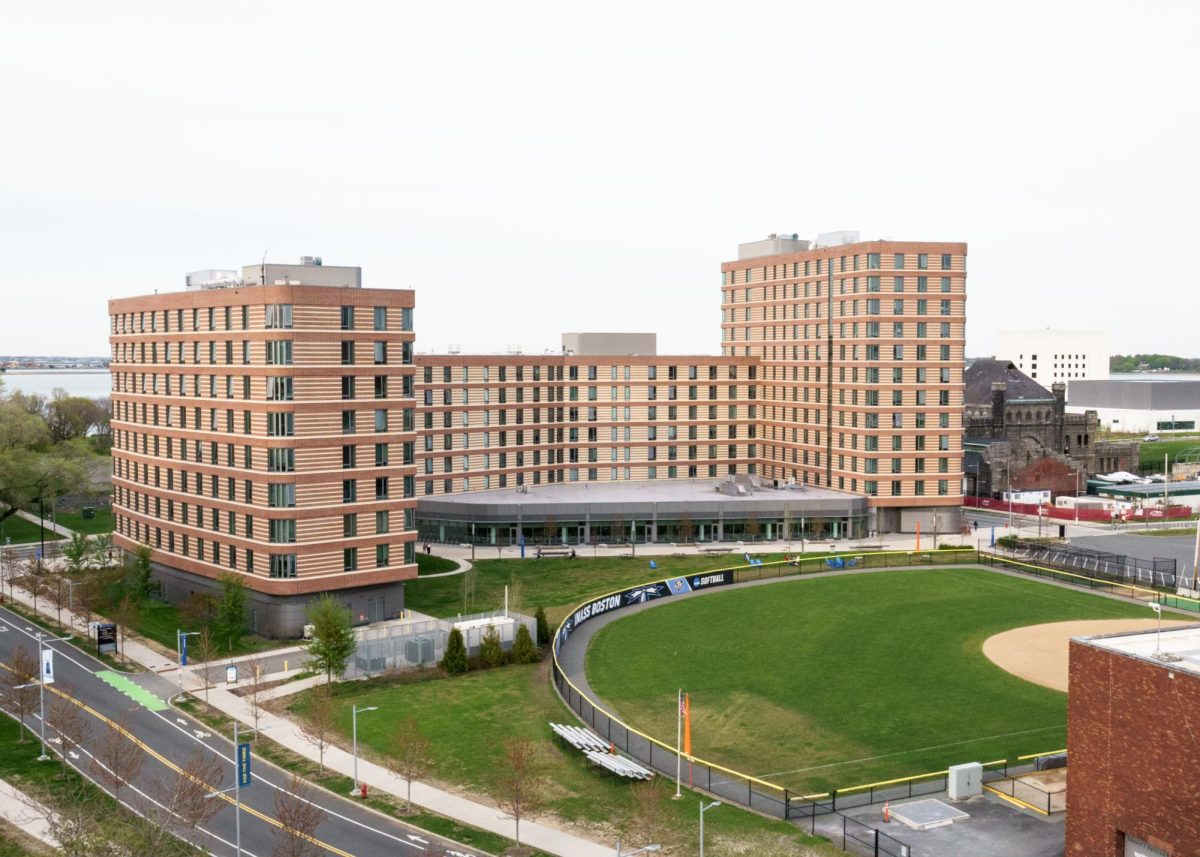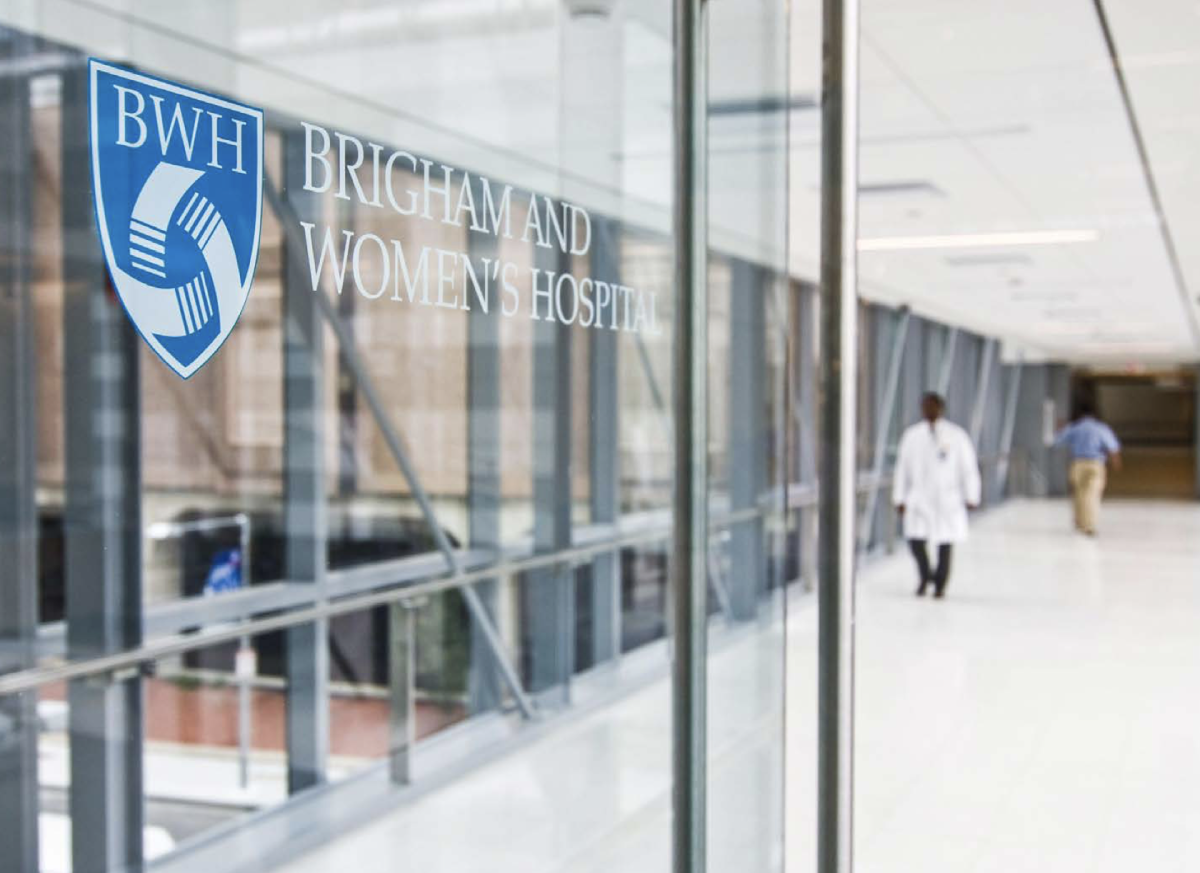Beantown Economics
January 29, 2009
If you’re looking for a place to crash during your matriculation at UMass Boston, then you may be out of luck. The “Sub-Prime Mortgage Meltdown” that has devastated the stock market during the past fall has effectively made renting an apartment in the Boston Metro Area a serious hassle for any student that wishes to stay in this college metropolis. Rent is rising and there are no signs of new apartments in sight due to the reverberating troubles from the recent “Housing Bust”. Judging from the facts of today’s housing market, it’s not a good day to be living alone in Boston as a college student – as few, if any collegian, has the finances to do so.
The “Greater Boston Housing Report Card 2008” tell us that the recent decline in Massachusetts’s home prices has only helped to marginally improve the issue of affordability. It also states that “between 2005 and 2007, nominal median household income has increased by an estimated 9.3 percent while home prices during this period has dropped by 5.5 percent. As a result, the ratio of home prices to household income has declined from 6.68 in 2005 to 5.77 in 2007.” The changes in the ratio, since this point and time, have yet to be determined by the proper authorities.
The latest audit from the Boston Redevelopment Authority indicates that there has only been minimal improvements for renters and has listed the maximum affordable rent for the general Boston public at $1,716 per month, including utilities, for a single bedroom.
Meanwhile, the more crowded apartments range from $1,930 per month, for two bedroom units, to $2,488 for five bedroom units for all rentals across the Greater Boston Area. According to recent estimates, about half of Greater Boston renters paid more than 38 percent of their annual income for rent and utilities. Experts speculate that this affordability problem stems from the low vacancy rate in the state, which is about 4.5 percent in the Boston Area.
Relief is not in sight for renters. The rent is actually increasing by all accounts; in fact, there has been a spike of 4.2 percent over the past year for rental units in the Boston Area – the biggest increase in seven years. Average monthly rent in the metropolitan area increased to $1,659 in the third quarter, from $1,592 a year earlier, effectively placing Boston’s swell 3.5 percent above the national rate. Rents are up because families, who are losing their homes to foreclosures, are driving up demand for apartments across the Boston Area, housing analysts claim.
As the demand rises, it becomes that much easier for landlords to raise the rent on already constrained renters. Furthermore, the perpetually falling house prices have also put buying on hold for many likely homeowners who are staying put in their apartments as they linger to see how low prices will go in the Greater Boston housing market. The effect of the housing crisis is indirectly making things worse for Boston renters.
The obvious question, at this juncture, is why aren’t more houses being built to meet a rising demand. The “Greater Boston Housing Report Card 2008” forecasted that “if the metro area’s employment base grows slowly [or declines, about]…13,400 housing units [needs to be produced] between now and 2012.” Low-income housing appears to be the only and most needed remedy – as indicated by the report card and current trends. There are no signs of any significant progress in meeting this need.
Housing construction in the Greater Boston area has been plunging since the emergence of the “Subprime Mortgage Meltdown” in 2007 and doesn’t appear to be looking up. The problem has been a permanent problem since the 1990’s, during which there has been a mass exodus of young people from the city and the state. The recommended number of new houses for 2001-2005 period was initially estimated at 78,300 units. But due to the prevailing construction level of 8,460 units per year between 1996 and 2000, there was a need to step up production to around 15,660 units per year to make for the deficit. Needless to say, this goal has gone unmet due to the turmoil of the recent developments in the real estate market.
In the end, the only conclusion for the new UMB students is to seek the comfort of highly priced units in the Harbor Point Community or just stay at home to keep the costs of living lower.























































